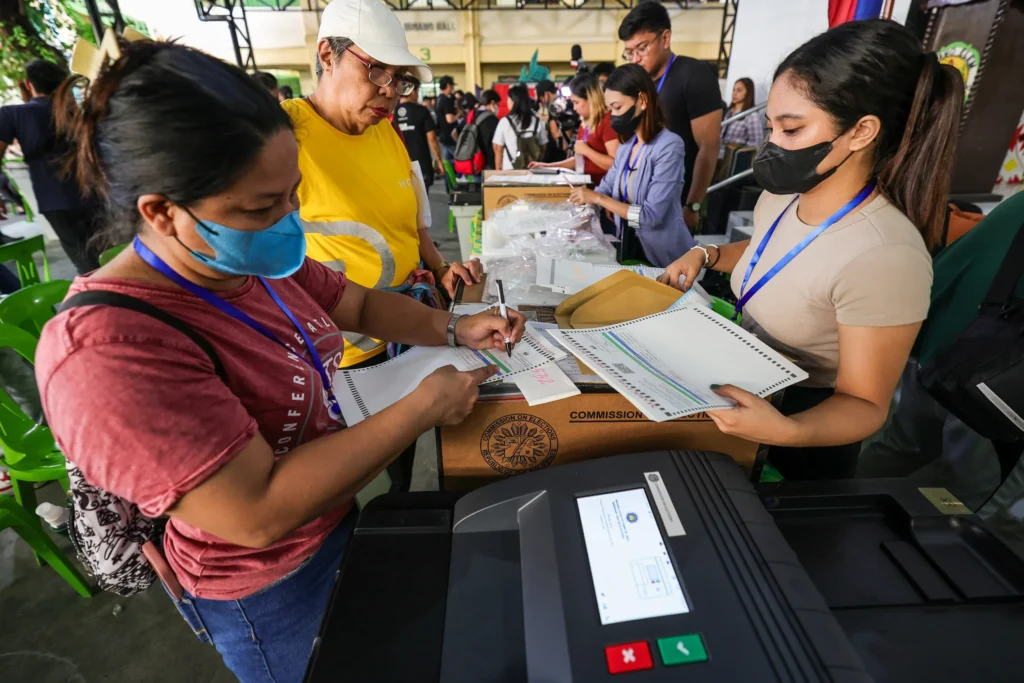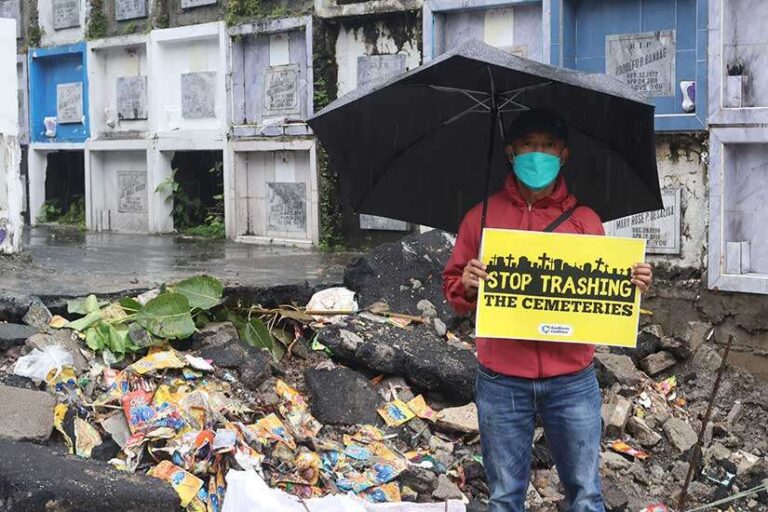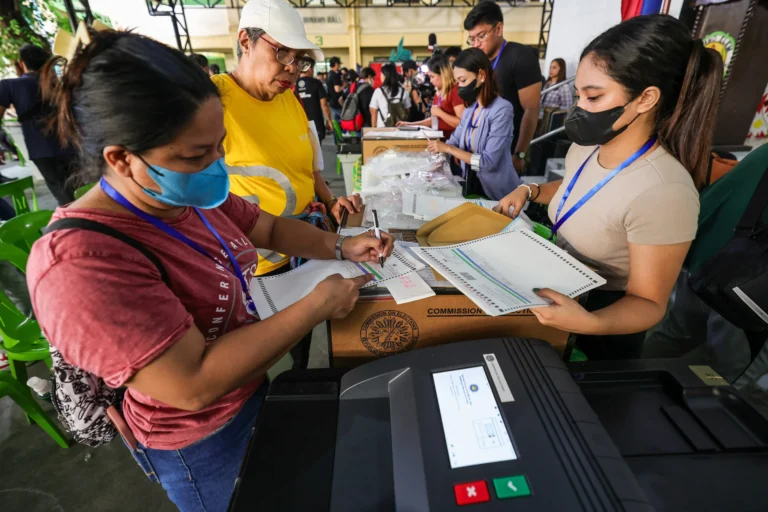
With the 2025 election season fast approaching, the influence of social media on Philippine politics has reached unprecedented levels, creating new dynamics for both candidates and voters. Platforms like Facebook, TikTok, and YouTube have not only allowed politicians to bypass traditional media but also empowered them to engage with millions of citizens in real-time. This shift offers a unique opportunity to connect directly with younger voters, who represent a significant portion of the electorate, but it also introduces new risks, including misinformation, polarization, and ethical questions surrounding the use of artificial intelligence (AI).
The Commission on Elections (Comelec) recently introduced new guidelines for social media usage, aiming to ensure a level playing field. However, the rules stop short of regulating content or enforcing strict restrictions on AI-generated posts. This has sparked debate, as some argue that without tighter regulations, the spread of “fake news” and the use of bots to simulate support can easily go unchecked, ultimately distorting public perception and influence.
Meanwhile, political campaigns have quickly adapted to the digital landscape, investing in social media strategists and digital marketing teams. As campaigns pour resources into online advertising, the potential to manipulate public opinion increases, particularly among those who may not have access to credible information sources. Digital literacy programs could help combat these risks, teaching the public how to identify misinformation and make informed decisions online. The Philippine election season will be a test of whether these digital initiatives can enhance democratic participation or lead to more significant ethical dilemmas.
In a country where online access is rapidly expanding, the question of how social media affects political integrity will continue to evolve. As voters and political watchers alike look forward to the election, the role of social media—if used responsibly—could enhance transparency and accountability. However, without vigilance and perhaps stricter safeguards, it risks deepening the digital divide and potentially skewing election results.


